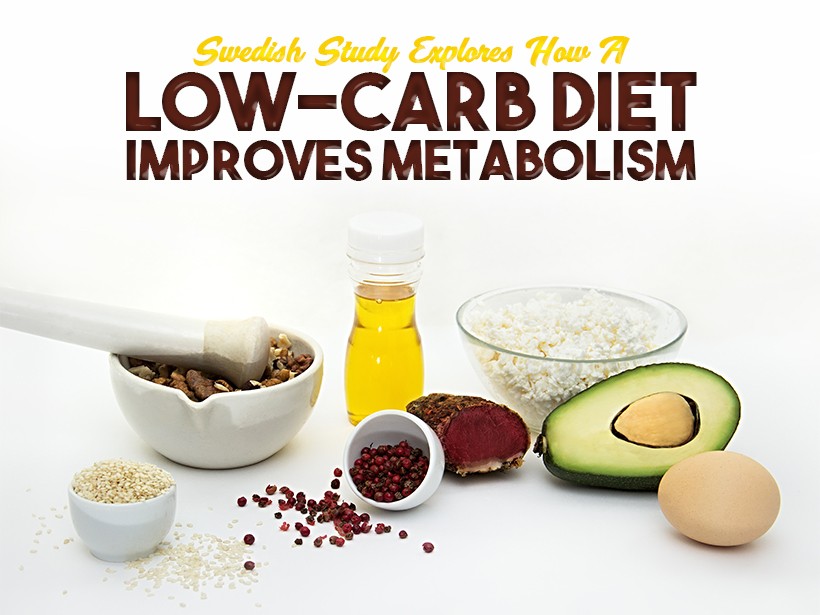A Swedish research team recently published a study in Cell Metabolism1 exploring the effects of a low-carb diet without reducing caloric intake. The study, performed at KTH Royal Institute of Technology’s SciLifeLab research center, merged clinical and data analysis to examine changes in the test subjects’ gut bacteria and metabolism.
A Combined Exploration of the Low-Carb Diet
The study involved 10 subjects2, all of whom displayed marked obesity and high liver fat content. Throughout the two-week study, individuals consumed an isocaloric, low-carb diet with increased protein content. Rather than looking at surface level data though, the study was a combined approach designed to deliver an in-depth analysis of the potential benefits of the low-carb lifestyle.
Scientists, nutritionists, and clinicians came together to apply a multifaceted approach to the study. By analyzing multiple data markers, they delved into the actual effects of a low-carb diet on the body’s omes (such as genomes, metabolomes, and proteomes) to identifying important biomarkers. Ultimately, this enabled them to make startling conclusions.
Rapid and Measurable Results
By the end of the two-week test period, the subjects showed extreme reductions of liver fat and other cardiometabolic risk factors, as well as a decrease in the synthesis of hepatic fat. Furthermore, the study showed that the metabolism of hepatic lipids has a significant link to rapid increases in B vitamins, as well as the bacteria that produce folic acid. These benefits are boosted even further by the reduction of fatty acid synthesis and an increase in both fatty acid oxidation and folate-mediated one-carbon metabolism.
KTH systems biology researcher, Adil Mardingolu, says “A carbohydrate-restricted dietary intervention such as the one we used can be an efficient treatment strategy for a severe health problem.”
Low-Carb Living Could Treat Certain Diseases
Jan Boren, lead author of the study and professor at the University of Gothenburg says, “We found that the diet, independently of weight-loss, induced rapid and dramatic reductions of liver fat and other cardiometabolic risk factors.”
Since liver fat is the most common and earliest abnormality noted in both non-alcoholic fatty liver disease (NAFLD) and alcoholic fatty liver disease (AFLD), a low-carb lifestyle could, potentially, be used to treat patients of the disease.
NUTRITIONAL DISCLAIMER
The content on this website should not be taken as medical advice and you should ALWAYS consult with your doctor before starting any diet or exercise program. We provide nutritional data for our recipes as a courtesy to our readers. We use Total Keto Diet app software to calculate the nutrition and we remove fiber and sugar alcohols, like erythritol, from the total carbohydrate count to get to the net carb count, as they do not affect your blood glucose levels. You should independently calculate nutritional information on your own and not rely on our data. The website or content herein is not intended to cure, prevent, diagnose or treat any disease. This website shall not be liable for adverse reactions or any other outcome resulting from the use of recipes or recommendations on the Website or actions you take as a result. Any action you take is strictly at your own risk.
- Jacob’s Meat Market Joins the Keto Craze - February 12, 2019
- Doing the Low-Carb Lifestyle the Right Way - January 31, 2019
- How to Boost Your Metabolism and Burn Fat Faster - January 3, 2019































